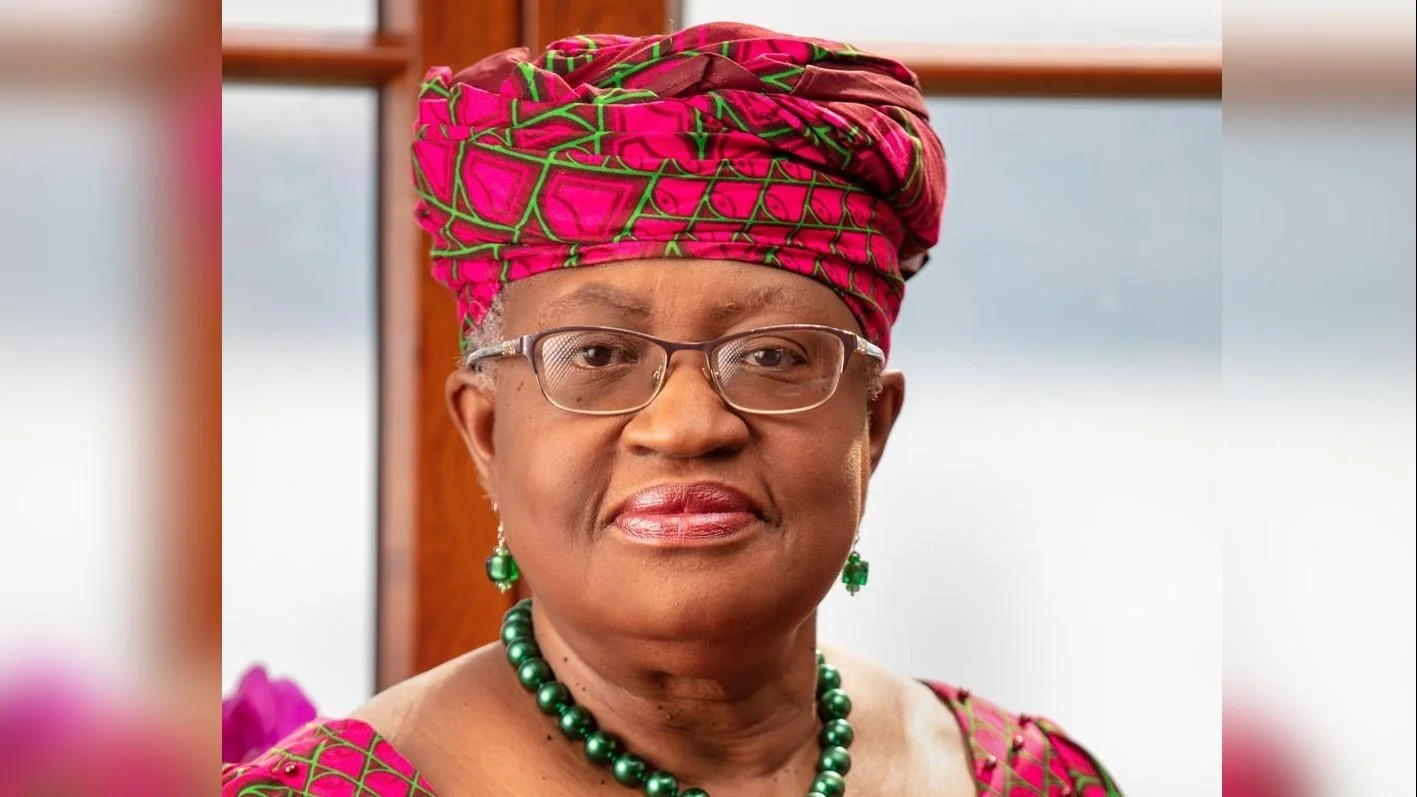DDG Ellard opened the 7th meeting of the UN Committee of Experts on Business and Trade Statistics on September 24, 2024. In her address, she emphasized the need to integrate traditional trade statistics with business statistics to gain a comprehensive view of global trade patterns.
“Traditional trade statistics serve as the bedrock for analysing the flow of goods and services across borders,” she said. “Simultaneously, business statistics provide invaluable insights into the structural and operational aspects of enterprises. However, these two streams operate on separate, parallel tracks. Accordingly, to truly harness the potential of data in informing strategic decisions, it is essential to integrate these two domains to achieve a comprehensive view of global trade patterns.”
Ellard highlighted that merging these data streams would help policymakers understand the behavior of firms of different sizes in international trade, particularly small and medium-sized enterprises (SMEs). This integration is crucial for identifying growth patterns and promoting SME inclusion in global markets. She also noted the importance of granular trade data for developing economies seeking deeper integration into the multilateral trading system.
“As our Director-General (Ngozi Okonjo-Iweala) often emphasizes, the future of trade is services, digital, and green — and it must be inclusive,” Ellard remarked. She added that accurate, timely trade data is indispensable for achieving this vision and ensuring effective and equitable trade policies.
Ellard identified four key areas where integrated data can impact policy decisions: capturing modes of delivery in online services trade; integrating environmental data with trade statistics; gathering gender-disaggregated data to support inclusive growth; and collecting subnational-level trade data for understanding regional economic dynamics.
Looking forward, Ellard called for continued focus on developing multidimensional data to support evidence-based policymaking. She encouraged active participation from attendees to contribute to comprehensive statistical methodologies that will underpin sustainable and inclusive trade policies.
The 7th meeting takes place from September 24-26 in Geneva, Switzerland. The Committee aims to improve business and trade statistics through enhanced coordination, methodology development, capacity-building efforts, and communication strategies. During this meeting, progress by task teams will be reviewed alongside follow-up actions from the United Nations Statistical Commission.
The event will also provide strategic direction for aligning current efforts with broader goals related to strengthening connections between business and trade statistics and other statistical areas.
###

